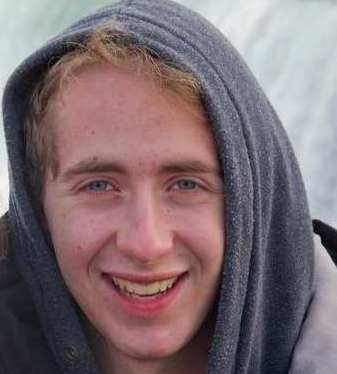Israel – Day 7
July 27, 2012
Today was a bright and early start, 7AM, in order to get to the conference on a “Philosophical Investigation of the Hebrew Scriptures, Midrash and Talmud”. Since the last time I’d come to Israel, all the bus routes had changed, including the pricing scheme. Think Myki. Unfortunately to obtain one of these smart cards, one was required to go to the central station and present your passport, which requires dealing with Israeli bureaucracy. An absolute nightmare.
After dealing with the transport issue, I arrived at the Shalem Center, where I believed the conference was being held, only to be informed that the conference was in fact located 20 minutes down the road! With only 10 minutes to spare, I sprinted in the heat to the venue, arriving just in time to grab a pastry on my way in to the first session.
The first session was a view of systems of thought, in regards to the story of Adam and Eve, reflecting on an epistemological categorization of man. Of note was the connection drawn between ‘adam’ (man) and ‘adama’ (ground/earth) used to show that Judaism rather than believing that the physical impinges on our mind’s freedom, is in fact vital to it. This was compared to ‘cognitive paganism’ whereby the physical nature of the connection between mind and body is considered to be a limiting factor.
The next session was not nearly as enjoyable or insightful, though it began promisingly. It was presented by two Christians, a philosopher and a theologian. It relied on the premise of god’s foreknowledge of the world and this was heavily debated by a number of conservative attendees.
Lunch was a delicious buffet where I engaged in conversation with a girl Riva, from England. She was somewhat of a puzzle, with a conservative history but a later move to very fervent orthodoxy. A student of theology at the University of Leeds, at 19 years old, she was the youngest there.
The session immediately after lunch I again didn’t find particularly engaging. However, the final one I went to that day was an attempt to draw parallels between trust in science and validation of rabbinical and exegetical views. Through Polanyi’s philosophy of science, he showed how similar to the development of a body of science, where no individual holds the complete body of knowledge, Rabbinical Judaism relies on similar processes.
After the conference I went back to Beit Yehuda to see Adi and Sarah. As they had finally finished the MDA course, them and their course-mates went out on the town for the evening, with me tagging behind. Once the majority of the group went to the dodgy bars of Rechov Rivlin, we instead chose to go for a lovely dinner at Ha’Marakia, a soup bar with an indie feel. The rest of the evening was spent wandering the streets of Jerusalem, including a brief trip into the old city, where I questioned a few Arab teenagers as to the appropriate phrase to wish someone at the conclusion of a day’s fasting.

